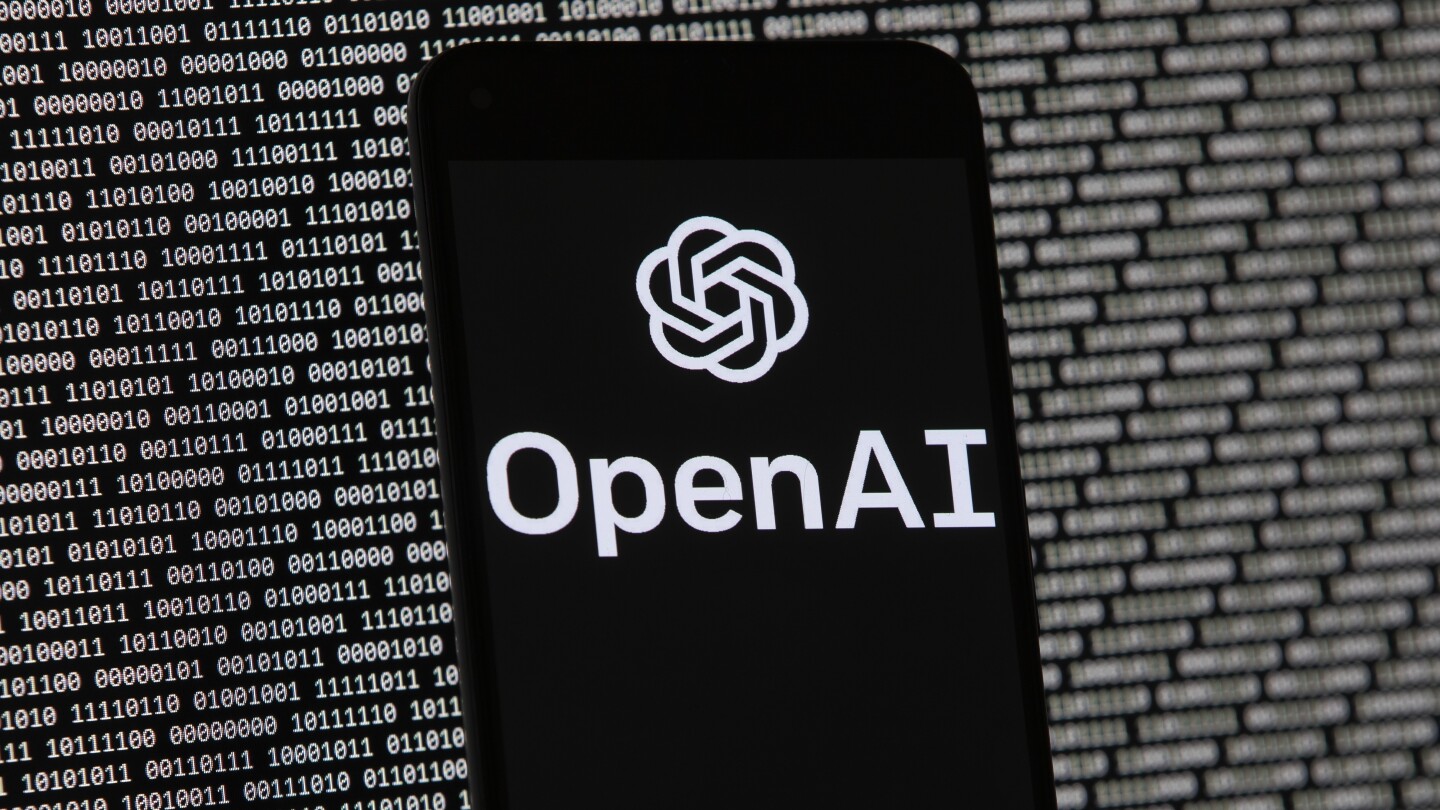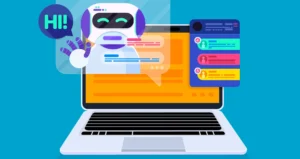Judge Grants Permission for Newspaper’s Copyright Lawsuit Against OpenAI to Move Forward

Overview of the Lawsuit Against OpenAI and Microsoft
In an important development for the media industry, a federal judge has allowed a lawsuit against OpenAI and Microsoft to proceed. This lawsuit involves allegations of copyright infringement related to the use of newspaper articles, notably by The New York Times, in training their AI systems.
Legal Background
U.S. District Judge Sidney Stein, based in New York, made a pivotal ruling recently that cleared the way for much of the lawsuit to move forward. Although some claims brought by media organizations were dismissed, the majority of the case remains active and could potentially be resolved in a jury trial.
Key Players in the Lawsuit
- The New York Times: They are at the forefront of this lawsuit, claiming that their copyrighted content has been misused.
- OpenAI: The AI development company, known for its creation of ChatGPT, is defending its practices.
- Microsoft: The tech giant collaborates with OpenAI and is also a target in the lawsuit.
- MediaNews Group and Tribune Publishing: Other publishers that have joined the consolidated case, expressing similar concerns about copyright infringement.
Statements from Involved Parties
Following the ruling, Ian Crosby, an attorney representing The New York Times, expressed appreciation for the judge’s thorough examination of the issues at hand. He emphasized that all copyright allegations against both Microsoft and OpenAI would continue, highlighting their commitment to protecting their work.
Frank Pine, the executive editor for MediaNews Group, echoed this sentiment. He asserted that the dismissed claims did not detract from the main argument of their case—that OpenAI and Microsoft have unlawfully taken their content, causing significant harm to their business.
The Defense’s Position
OpenAI responded to the ruling in a public statement, welcoming the dismissal of some claims. They maintain that their methods for developing AI models rely on publicly available data and assert that their practices fall within fair use guidelines. Microsoft chose not to comment on the matter.
Concerns from The New York Times
The New York Times has articulated serious concerns regarding the implications of AI technologies on its business. They argue that OpenAI and Microsoft have threatened their financial viability by utilizing billions of dollars in content produced by their journalists. In some instances, AI tools like ChatGPT have reportedly reproduced Times articles word-for-word in response to user inquiries.
Existing Relationships with Other News Organizations
It’s worth noting that various news organizations, including The Associated Press (AP), have established different relationships with OpenAI. For instance, AP has a licensing and technology agreement that grants OpenAI access to part of its text archives. This arrangement illustrates a contrast to the ongoing legal issues faced by The New York Times and other publishers.
Next Steps in the Case
Moving forward, the focus will be on how this lawsuit develops. With substantial backing from major newspapers, the potential consequences of this case could have wide-ranging effects on both the media and artificial intelligence industries. For now, as the judge prepares to clarify the reasons for his decision, all parties are keenly watching the proceedings, especially with the possibility of a jury trial on the horizon.
As these legal battles continue, the broader conversation around copyright issues in the age of AI and machine learning remains critically important, reflecting a clash between technological advancement and the rights of content creators.






